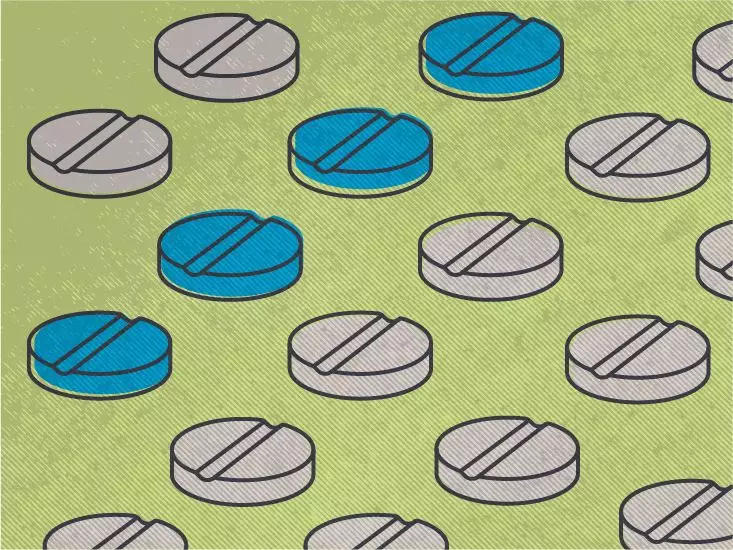Trazodone is primarily recognized as a generic oral medication used to treat depression. Unlike many other pharmaceuticals, it does not come in a brand-name variant, which can lead to questions about its accessibility and cost in various healthcare systems. Understanding the different pricing structures, insurance implications, and savings opportunities associated with trazodone can help patients and caregivers manage their healthcare expenses more efficiently.
The cost of trazodone can differ widely based on various factors. These include the specific treatment plan prescribed by a healthcare provider, the patient’s insurance coverage, and the pharmacy selected for the purchase. In the U.S., the retail price of medications can fluctuate according to regional pricing strategies and pharmacy policies. This means that a patient might encounter different prices for the same medication across different pharmacies or locations.
When assessing the overall expense associated with trazodone, it’s crucial to consider not only the cost of the medication itself but also any associated healthcare visits for consultations and prescription management. Moreover, some insurance plans do cover trazodone under certain conditions, while others may impose restrictions that can complicate pricing. Engaging in preliminary discussions with healthcare providers or pharmacists can clarify these charges and help patients anticipate their out-of-pocket costs.
One practical way to lower the cost of trazodone is to use savings tools like Optum Perks coupons. Such coupons can deliver significant discounts—often up to 80% off the regular price—when presented at a participating pharmacy. These coupons are particularly beneficial for individuals without insurance, allowing them to access vital medications at a more affordable rate. It’s worth noting that these coupons do not expire, so patients can save them for future refills as well.
Patients prescribed trazodone may also explore options such as receiving a 90-day supply of the medication instead of the standard 30-day supply. Many insurance plans approve this method, which not only reduces the number of trips to the pharmacy but can also result in lower aggregate costs. Online pharmacies sometimes offer beneficial pricing plans, including mail-order services that give patients a reliable way to obtain their medications without the hassle of in-person visits.
It’s essential to recognize that trazodone is classified as a generic medication, meaning it is an exact replica of its previously branded equivalent, Desyrel, which is no longer on the market. Generic options are typically less expensive than brand-name drugs because they do not involve the same level of research and marketing investment. For long-term users of trazodone, this can represent substantial cost savings, especially for those facing ongoing mental health challenges.
Even though trazodone is widely used and well-understood, it is important for patients to monitor its effects and be aware of any potential interactions with other medications or existing health conditions. Open communication with healthcare providers will help ensure that trazodone remains an effective part of a patient’s treatment plan.
For individuals with insurance, understanding the specific coverage for trazodone is vital. Some insurance policies might require prior authorization, necessitating a dialogue between your healthcare provider and the insurance company regarding the justification for the medication. If trazodone is started without prior authorization, the patient may face significant costs, leading to an unexpected financial burden.
To navigate this process effectively, patients should proactively consult both their healthcare providers and insurance representatives to clarify what is required for coverage. Frequently, insurers have specific guidelines and that can impact approval for coverage, which is crucial for budgeting and treatment continuity.
While the availability of trazodone as a generic medication may offer a more cost-effective solution for treating depression, individual costs can vary substantially based on numerous factors ranging from personal insurance plans to pharmacy pricing. Patients may benefit from actively seeking out savings tools and being informed about their medication’s implications on both their health and finances. Always consult with healthcare professionals before making decisions regarding medication, and consider exploring community resources that assist with drug pricing and patient support. By understanding these dynamics, individuals can take charge of their health while minimizing financial strain.

